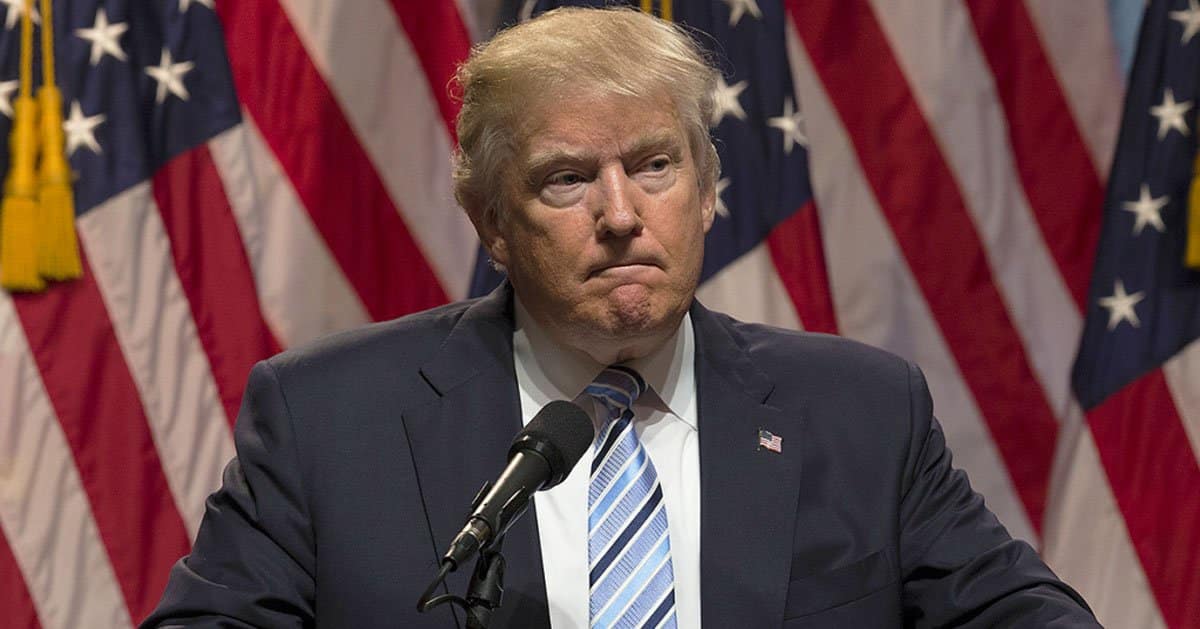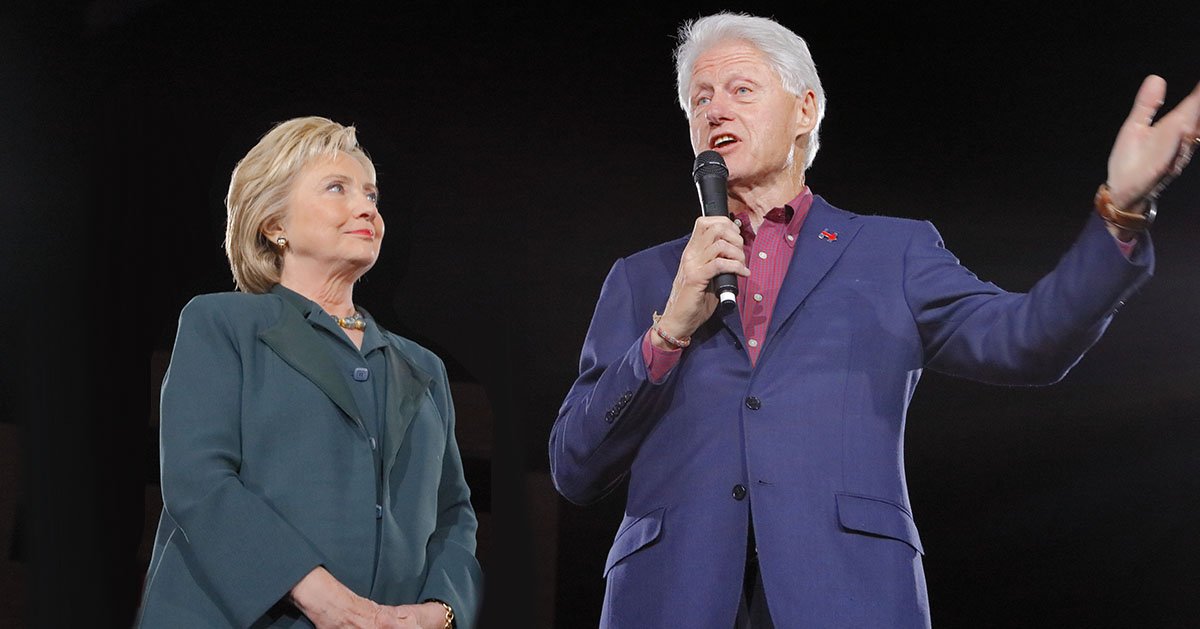








Justice Clarence Thomas issued a notable concurrence in the Trump v. U.S. case, challenging the constitutionality of Special Counsel Jack Smith's office.
His statement highlighted the constitutionality concerns surrounding Special Counsel Jack Smith's appointment by the Attorney General.
Justice Thomas's arguments cast doubt on the legal foundation of the Special Counsel's office.
According to Thomas, without a law that formally establishes this office, Smith's authority to prosecute – especially a former President – is questionable.
Thomas's opinion brings to light whether there exists a law that officially establishes the Special Counsel's office. He emphasized the imperative that federal offices must be constitutionally and legally established to prevent any misuse of power.
The Justice cited James Madison to underscore this principle, highlighting the separation of legislative and executive powers. According to Thomas, this separation is critical to avoiding tyranny.
Justice Thomas critiqued the statutes presented by the Attorney General. He argued that the laws do not clearly establish an office for a Special Counsel.
Further, Thomas questioned if the Attorney General’s appointment of Jack Smith complied with the Appointments Clause. This clause outlines the proper protocol for the appointment of federal officers.
In his critique, Thomas expressed that ensuring a President is not above the law is essential. However, he stressed that constitutional safeguards and the separation of powers are equally vital to maintaining liberty.
His opinion included a reflection on the President's immunity from prosecution for actions tied to official duties. This point was a reminder that legal boundaries must be respected even in the pursuit of justice.
The Justice’s concurrence has far-reaching implications regarding the constitutionality of Smith's actions. For Thomas, the absence of a clearly established law for the Special Counsel's office poses significant legal challenges.
He reflected on past statutes and their clear articulation in establishing federal offices, contrasting them with the current ambiguity. Thomas implied that such clarity is lacking in Smith’s case.
Thomas’s reasoning also touched upon whether a private citizen could prosecute a former President without a firmly established office. This question brings into sharper focus the constitutional protocols involved in Smith’s role.
Justice Thomas emphasized the necessity of respecting the Constitution’s protections for the Office of the Presidency. For him, these protections are integral to securing liberty.
He linked these protections to the separation of powers, which he believes are entwined with the prevention of tyranny. According to his reasoning, the Constitution mandates that such offices are created and filled properly under the law.
Thomas stressed that unresolved questions regarding the Attorney General's adherence to constitutional procedures must be addressed. He warned that ignoring these procedural protections undermines the Constitution’s goal of safeguarding liberty.
In his opinion, Thomas questioned the legality of the statutes cited in favor of the Special Counsel’s authority. He pointed out that the clarity typical of past statutes establishing special offices is missing in this instance.
He argued that without a clear establishment by law, Smith’s office raises constitutional issues. He underscored that these issues need to be resolved for the prosecution to proceed.
Justice Thomas's focus on clarified legal foundations reflects his broader concern about upholding constitutional stipulations. This focus is aligned with ensuring lawful adherence in the establishment and appointment of federal offices.
Justice Thomas’s rigorous examination of the constitutional aspects underscores his commitment to the principles espoused by the Founders. His reference to James Madison frames the argument within a historical context.
For Thomas, maintaining the separation of powers is crucial to preventing the concentration of authority. This principle is a safeguard against potential abuses and overreach by any branch of government.
The Justice’s opinion indicates a broader caution against deviating from established constitutional norms. His emphasis on a lawful framework for federal offices reinforces the importance of following proper procedures.
Justice Clarence Thomas's recent concurrence in the Trump v. U.S. case outlines significant constitutional concerns regarding Special Counsel Jack Smith's office.
Thomas raises questions about the legal establishment of Smith's office and the compliance of his appointment with constitutional protocols.
Through his reflection on the separation of powers and the historical context provided by James Madison, Thomas's opinion calls for thorough legal clarity and adherence to constitutional principles before proceeding with any prosecution. The questions raised by Thomas are vital to ensuring the protection of liberty and maintaining the integrity of the Constitution's safeguards.



